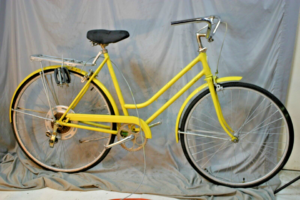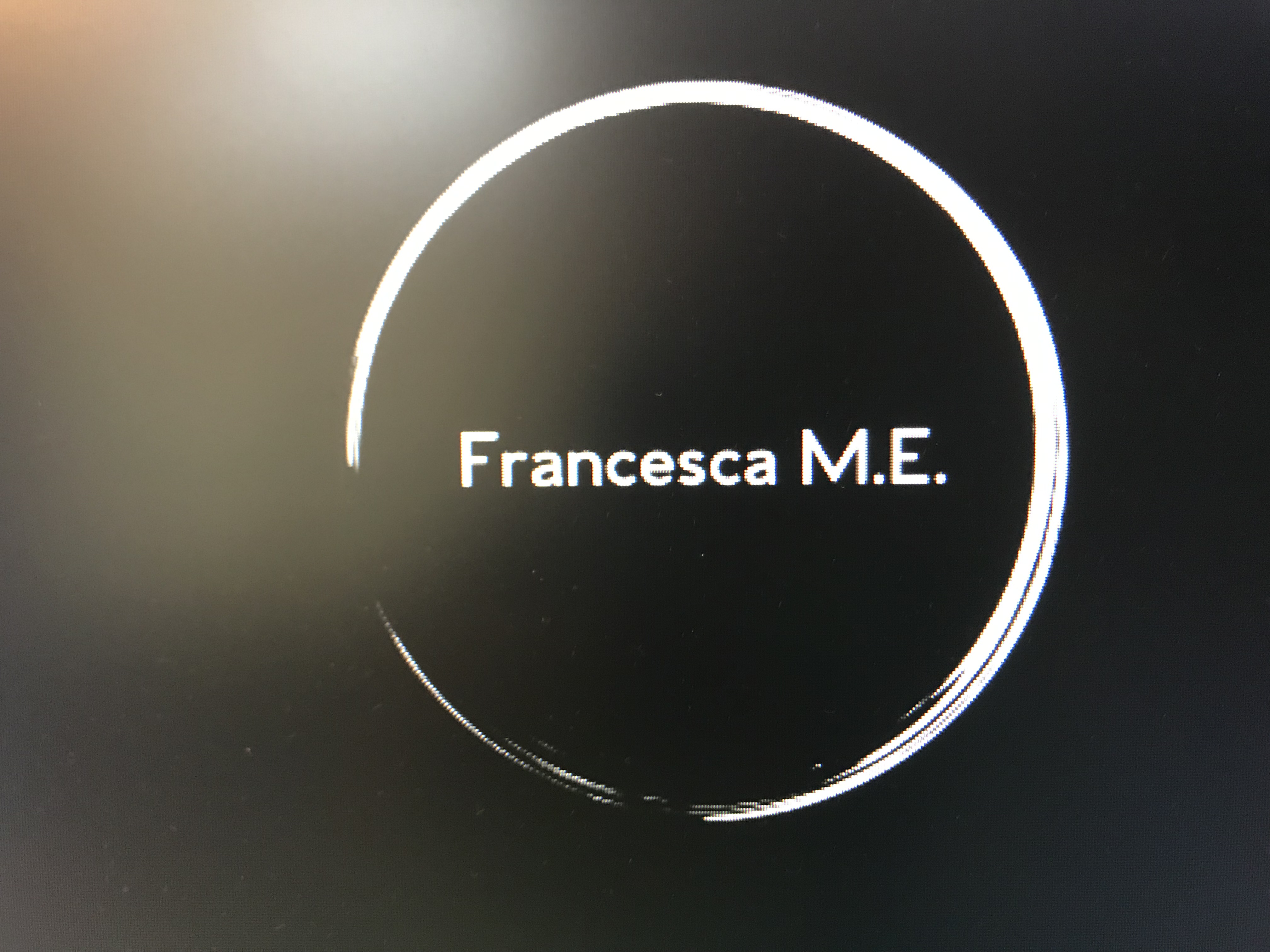Why Do We Do What We Do?
Our experiences shape our behavior. Because of that, we all live life through the lens of what those experiences taught us. Two people could grow up in the same house but have very different experiences.

As a kid, I had things stolen from me. I didn’t have much, so to lose something dear to me felt like an actual loss. I had a five-speed bike that I loved with a removable front wheel. Someone stole the wheel when I left it out in the yard. Because of that, I’d been vigilant about leaving my stuff outside.
 When I went away to college, I was a music major. I did not fit in with the other music majors who focused their degrees on education to teach music. I was a performance major – the oddball. I had terrible things happen to me as a result. One was having my Bach Stradivarius trumpet stolen from a locked locker inside the music building. I switched my major to “undecided” and left after one semester.
When I went away to college, I was a music major. I did not fit in with the other music majors who focused their degrees on education to teach music. I was a performance major – the oddball. I had terrible things happen to me as a result. One was having my Bach Stradivarius trumpet stolen from a locked locker inside the music building. I switched my major to “undecided” and left after one semester.
Those experiences made me nervous about getting my things stolen, and I became super vigilant and a little paranoid.
When I got angry in the past, I’d react in a way that reinforced my past experiences. The anger wasn’t dealt with as a child, and I stuffed it down, blaming myself for a lot. My experiences caused me to rush to anger when something upset me or I felt disrespected. Anger turned into resentment. And resentment feels like you’re wearing concrete shoes, and you get stuck.
So why do we do what we do?
Experiences cause us to do a particular behaviors. The experience changed your mindset. It changed you.
Wow, right. That means we can change our mindset by creating an experience we choose. If you desire to lose weight, you know that exercising creates an experience that reinforces how it makes you feel good and helps you drop pounds. You can change your mind by keeping up doing the exercises. Before you know it, you create a habit and exercise without thought or hesitation.
We can control our experiences to a certain degree when dealing with other people. Say you go shopping in a good mood and get poor customer service. All of a sudden, your happy experience just got tainted by a crabby cashier, and that negativity can stick with you long after you leave the store. How we spin the experience dictates our behavior. We can see it as negative or think it’s not worth it to ruin our day and blame it on the world today. That’s fine, but we also need to take a little responsibility for the entire experience, even someone else’s behavior.
Our behavior affects one another, too. Using the cashier experience, when we do the surveys on almost every receipt, we help the store know where it’s lacking in customer service (or praise for good service). That behavior, in turn, may help them to work on fixing the issue, thereby making it a better experience for us the next time we go into the store.
Our behavior helps to change our experience.
We do what we do primarily out of habit.
Habits basically control our lives. Experiences help shape the habits, and habits keep us carving out our life paths. When you want to change, you have to change the habit. When I wanted to quit smoking, I changed my experience (behavior). I used to take my coffee onto the porch in the morning and smoke. When I decided to quit, I took my coffee into my office. That change in behavior eventually changed into a habit. After a little while, I didn’t give it a second thought.
If you want to change something in your life, change your experience.
Habits can be changed.
The first thing to know before you change a habit is that you have to be aware of your behavior first. Get crystal clear on what it is you want to achieve. I want to lose weight, so I’ve got to change the habit of wanting a goodie after dinner. It’s not so easy, especially since I know there are frozen Tastykake Krimpets in the freezer.
 Habits really do change behavior.
Habits really do change behavior.
When we change a habit, our behavior will change organically. They are linked together. A habit causes a behavior. If you drive the same way to work every day, you don’t even have to think about turns or how long it’ll take you to get there. You think about other stuff or enjoy entertainment (music, spoken word – not videos silly!). Driving is effortless until you get snapped out of the habitual behavior when someone beeps or something different happens. We can go through green lights or stop at red lights and not remember doing it several miles later.
Behaviors are changed in the mind.
I need to get a little sciencey (I know it’s not a word. Being amusing.) We have two parts to our brains: the conscious and the subconscious. The subconscious handles stuff like breathing, moving, and heart beating.
It’s also a recording device that absorbs all sensory experiences that develop into our beliefs and habits.
The most important thing to know about the subconscious is that it cannot decipher between truth and fiction.
We have little control over what goes into our minds as children and believe most of what we hear or see, but as adults, we have the ability to change what the subconscious mind believes. That belief changes our behaviors. Pretty sweet, huh? So, how do we do that?
Changing our beliefs is something I’ve been studying for a long time, and I’ve learned a lot. Here’s what I know to be true because it’s worked for me.
We Can Change the Subconscious Mind in Three Ways:
1
Repeating affirmations. (Saying “I am grateful” every single day will help you be more appreciative of life and will change your life to one of abundance instead of lack.)
2
Visualizing. (Seeing how you want your life to be or a certain situation can change the subconscious mind’s beliefs and guide you to the right people, places, and situations you’re meant to experience that complement what you visualize. Athletes often use this technique to help them achieve greater success.)
3
Feeling. (When you visualize what you want and feel the good feeling associated with it, it reinforces the message that goes to the subconscious mind. That tells the subconscious mind it’s a good thing. I want more of that, and all of a sudden, you find your experiences more geared to what you want.)
Thank you for reading this. Again, I hope you got a nugget of goodness from this post. Just sharing what I learned that helped me live a happy life. Let me know if this is something that helped you!
To doing what we do,
Francesca
